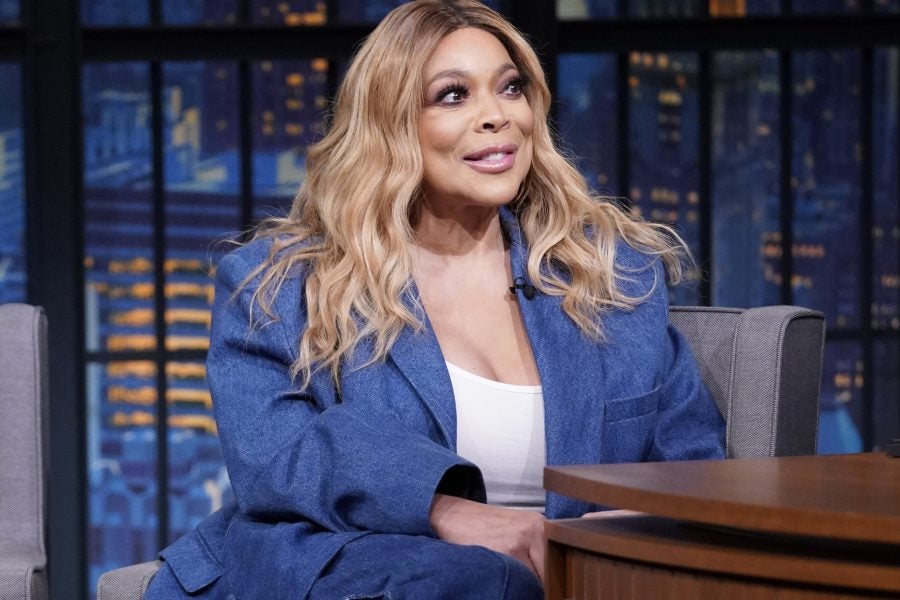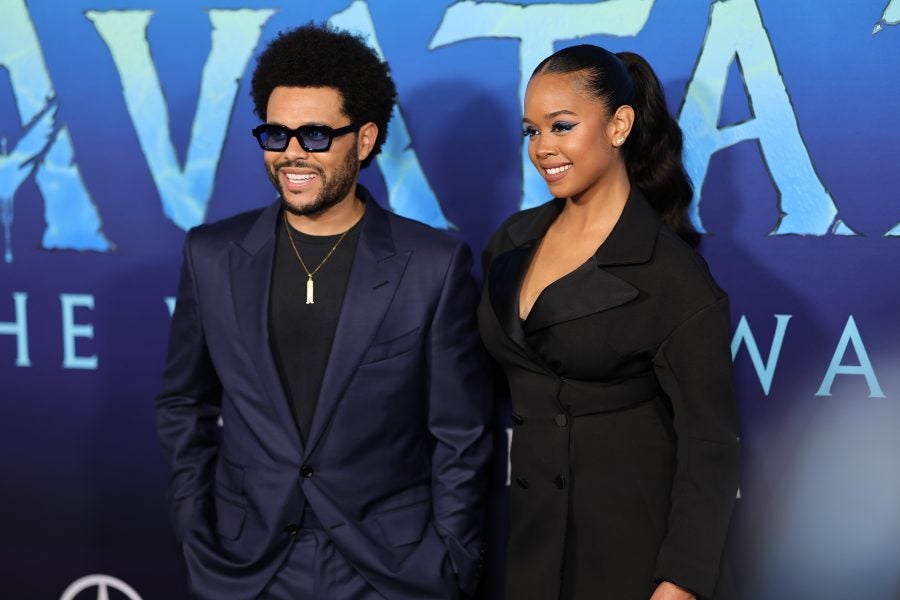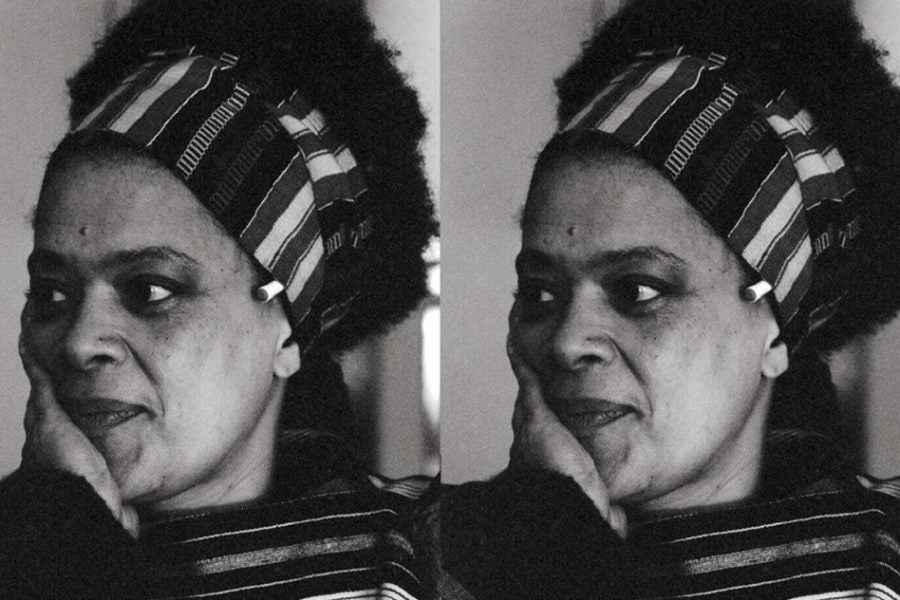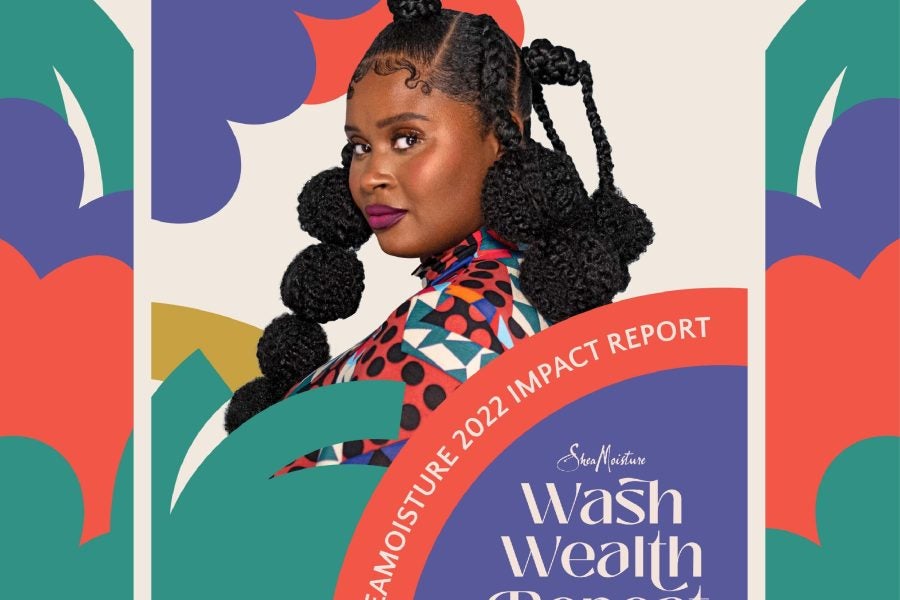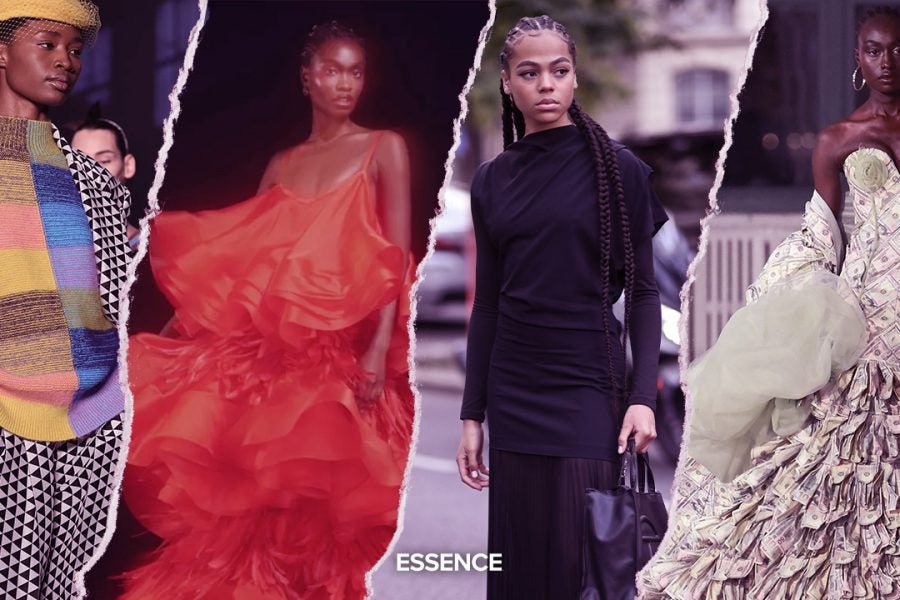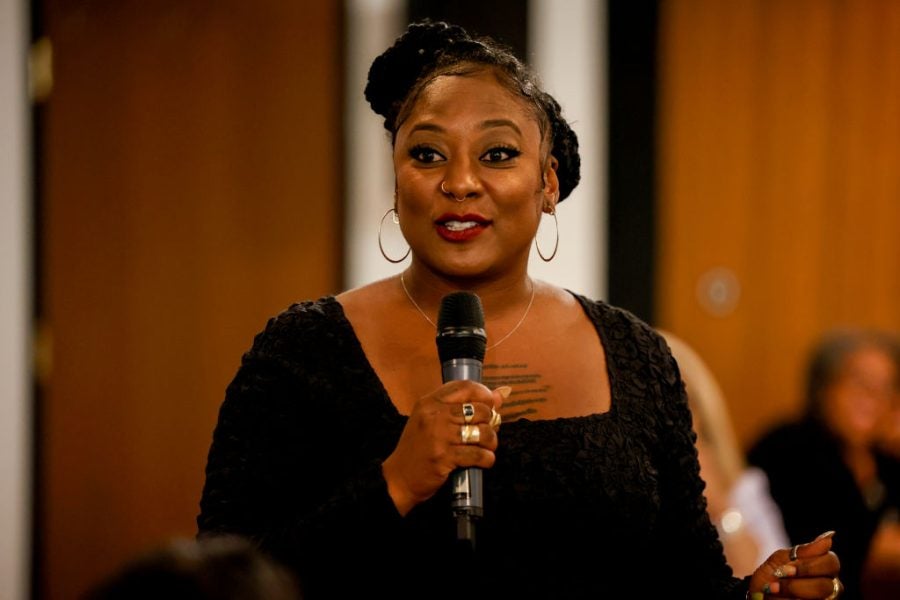
After leaving Black Lives Matter in 2017, acclaimed activist Alicia Garza created the Black Futures Lab to be more pro-active about Black political power. A part of that process is organizing around a Black agenda. But first, Garza and the Black Futures Lab want to understand what that agenda is. The organization launched the Black Census Project in 2018 to get those answers.
“It’s really not rocket science in terms of how we should and could be reaching out to our communities,” Garza says. “Politicians always find a way when they want our votes. But when it comes to making policy that shapes our lives in a positive way, suddenly people can’t figure out how to talk to the community. So, you know, we’re really proud of this project.”
The Black Census is a survey that she hopes can ultimately be used to shape that policy. Garza, along with political commentator Angela Rye, spoke to ESSENCE about their campaign to have 200,000 Black Americans complete the census and make it the largest independent survey of Black people in U.S. history.
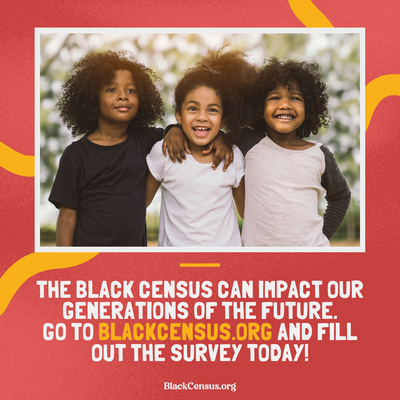
Black Futures Lab is holding the survey until November 30, and it can be completed online.
Rye stressed the need for the census, calling it a “responsibility,” and was candid about her frustration.
“The largest survey of Black people in history would be 200,000 people. That is a damn shame when you consider how many Black people live here. How many of us are worthy of being heard on things that we care about? That’s all it would take is 200,000 people? How dare we be that reckless with the responsibility of just showing up to say what we want? We owe that to ourselves,” Rye says emphatically.
“What are our demands? I am completely exasperated about it because I can go– I’m just being frank with you–I can go to Shade Room and tell them ‘Hey, y’all, I got an update on damn Blueface.’ And that’s gonna go up. They got whoever the hell Blueface is up every damn day,” Rye exclaims. “If I tell them right now that I got a Black Census thing, and I want them to pay attention to it so Black people can count, and we can start shaping policy after these midterms, I won’t hear sh-t.”
The survey, Garza and Rye made clear, is just one step in a process for Black communities to organize more effectively. Rye brought up the Los Angeles City Council as an example, as its City Council President and other elected officials were caught making racist remarks about Black residents in the city.
“When you look at, for example, what just happened in Los Angeles with the City Council, and the fact that there are still two elected officials who were in the room, even egging on disparaging comments about Black folks. There are other communities in this country where if they had been the target, they would have had to resign that same day,” Rye stressed.
“What is wrong with our political power when folks don’t even have to be accountable in terms of the seats they hold where they’re charged with representing our interests, and they don’t have to step down? So my point is, we can’t just talk about voting without talking about overall political power. We can’t talk about our own political power until we’re talking about our ability to organize, and quickly. That kind of power.”
With passion and urgency, the women shared the need for accurate data on the Black community’s policy preferences, the historical tradition of agenda-setting in the Black community, and the distractions that seem to have taken us off track from mass organizing for Black political power (hello IG gossip blogs!).
This interview was edited for length and clarity.
ESSENCE: In a previous interview, you spoke of “changing our relationship with the electoral system” What did you feel needed to be changed?
Alicia Garza: What is so important for us to understand about politics, especially right now, is that your government is supposed to represent you. There’s a lot of talk and a lot of action where folks are trying to limit the role of government. When we look at the Black Census in the context of elections, this is really a tool for people to be clear with the people who represent them, what it is that we’re dealing with every day and how we want to see that resolved. It doesn’t stop at the Black Census. But the Black Census has so many possibilities for engagement and accountability of the people who are supposed to be representing you.
ESSENCE: A lot of times as Black people, we already have an inkling of what needs to be done in our community. But when it comes down to our political options—even if we have an agenda in mind—sometimes it just goes out the window because we’re thinking we just need to get rid of the worst evil. So how can our people be encouraged or empowered in that kind of dynamic?
AG: I think, frankly, that sometimes what happens is that we are getting caught up in the agenda of people who are organized, that may or may not have our best interests at heart. It is true that, you know, in 2020, it was all hands on deck to get an authoritarian, almost fascist, out of the White House. That was the top priority.
I think there’s this dynamic tension between what’s important and helpful for the Democratic Party…and what is important and helpful for Black people to be able to move forward and live lives of dignity. The way to close that gap is for our communities to get organized.
But I do I think there are these instances where the needs and concerns of our communities get subsumed, right underneath the needs and agenda of parties, basically. And I think there’s this dynamic tension between what’s important and helpful for the Democratic Party and all of its entities and what is important and helpful for Black people to be able to move forward and live lives of dignity.
The way to close that gap is for our communities to get organized. It is important for us to be engaging these parties, and saying, you know, we can actually do both, right? We don’t have to pick one evil over the other. Actually, what we saw in places like Georgia, what we saw in places like Arizona, what we saw across the country, where Black folks are organizing, is that we’ve always been able to walk and chew gum at the same time. But in order for us to do that, we have to be organized.
That is, I think, the trick to shifting that dynamic from, “okay, let’s chase fires,” when our community has been burning for a long time. So that’s one piece. And then I think the other piece is, that if we’re not organized, the other consequence is that even as we move to get a fascist out of the White House or deal with any other kind of immediate crises, nobody else is going to put our issues back on the table, but us. That’s why we’re doing this project is to make sure that our issues don’t get pushed to the side.
ESSENCE: As we talk about a Black agenda, Angela you have brought up the 1972 National Black Political Convention in Gary, Indiana. So it’s the 50th anniversary of that convention. Can you talk about how this Black Census Project relates to that anniversary?
AR: First, I want to go back and just look at history for us. Black folks every year before emancipation got together to talk about what our most pressing political needs were. It was an unspoken norm. And there was a lull after emancipation. Then in Gary, Indiana in 1972 under the leadership of the likes of Amira Baraka, Congressman Charles Diggs (who was one of the Congressional Black Caucus founders) and many others got together to say we need to come up with an agenda for Black folks, have delegates from Black folks from all over the country representing all states, and ensuring that when we leave here, we have an agenda where folks sign a pledge. If they’re running for office, they sign a pledge saying these are the things they’re going to do for Black people. If they are already in elected office, they sign a pledge. And if they just participated in the convention, they signed the pledge.
What I think is remarkable about this is there are a number of things in that agenda that we still don’t have, including DC statehood, equity and wages, policies like affirmative action that level the playing field, housing accommodations, like all of the things.
What I think is really important is that we start galvanizing around an agenda every single year, and it becomes a non-negotiable.
ESSENCE: So how do we get it together so we are better organized?
AR: We have to get to the point where we care enough about preventing the next crisis, overreacting to the next crisis. I’ll be damned if I see another George Floyd. I’m gonna make sure that I fight tooth and nail to change police policy in this country and law enforcement policy in this country and criminal justice policy in this country so that I don’t have to witness that, and I shift my focus off the things that feel lighter and allow me to be numb. I’m using celebrity gossip to numb me, I’m using somebody else’s drama to prevent me from looking at my own.
I’m not telling you don’t have fun and read your celebrity stuff. Right? But I’m telling you don’t ever let that be the thing that prevents you from making sure that your children can live and thrive in this country. It’s just about us finding the balance. And then what will our pledges be as Black women to each other? We are in the fight for our lives just around what we can do with our wombs. We are in the fight for our lives.

